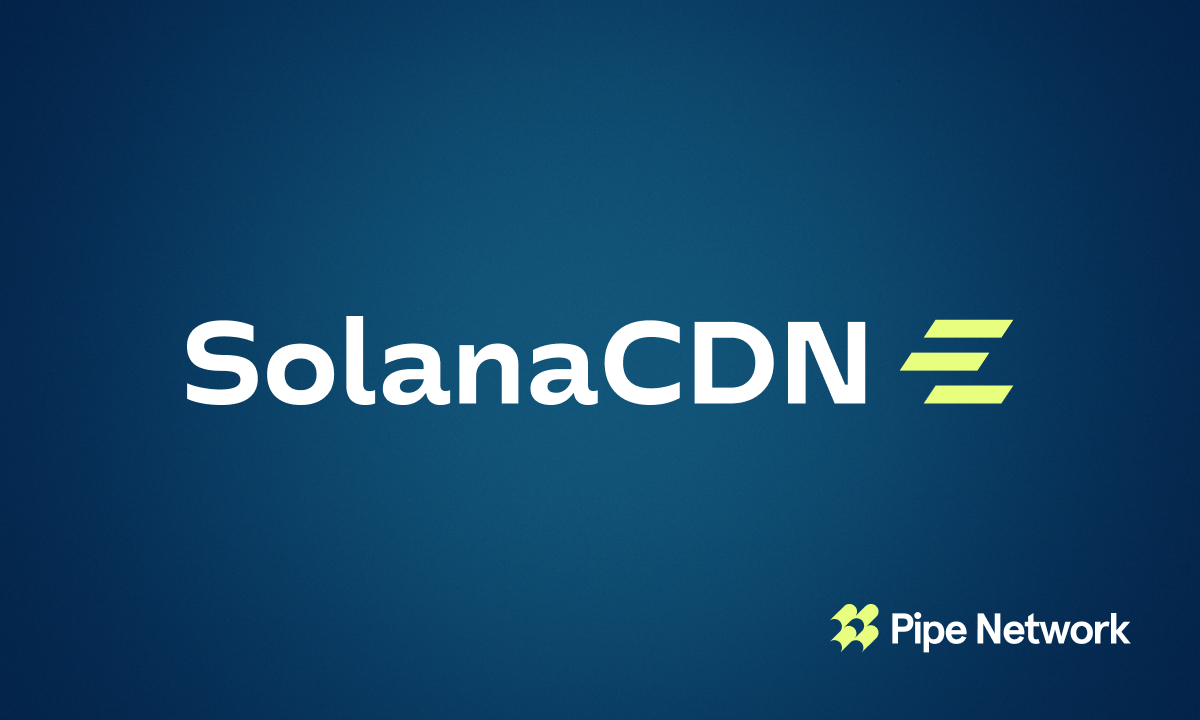Key Insights
- Elliptic, a blockchain forensic firm, has challenged the claims that Hamas is receiving significant crypto donations to fund its attacks against Israel.
- Elliptic has shown that most of the crypto donations to Hamas are either frozen or traced by authorities.
- The Wall Street Journal and over 100 U.S. lawmakers have cited inaccurate data to make the case that crypto is a national security threat.
- Another blockchain forensic firm, Chainalysis, has also debunked the media reports.
- Crypto is not an ideal tool for terrorism fundraising, as Hamas has faced difficulties in accessing and converting its crypto donations.
We’ve all heard reports of how crypto is “always” used to fund and finance militant organizations.
And with the onset of the Israeli-Palestinian conflict, such reports have surfaced, alleging that the operations of Hamas (the Palestinian militant group that has been engaged in a conflict with Israel), have been funded by anonymous individuals, using crypto’s decentralization as a cover.
However, a blockchain forensic firm has come out on Twitter and has challenged these claims made by some media outlets and U.S. politicians.
No Evidence of Significant Crypto Donations to Hamas
Elliptic, is a London-based firm that tracks and analyzes crypto transactions.
And in a statement released on Twitter on Oct. 25, Elliptic has said that there is “no evidence†that Hamas is receiving these crypto donations from anyone, to fund its attacks against Israel.

No evidence
In an attached post, Elliptic has said that the amounts raised by Hamas through crypto donations are “tinyâ€, and that most of them are either frozen or traced by authorities.
Recall that a while ago, the Cyber Unit of Israel’s police announced via a tweet, that it had collaborated with Binance to freeze multiple crypto accounts linked to Hamas.

Elliptic’s press release was a clapback at recent articles and letters written by The Wall Street Journal and over 100 U.S. lawmakers.
According to Elliptic, these parties severely misinterpreted data, to make the case that cryptocurrency is widely used to fund Hamas’ “terrorist†activities.
A Good Example of Crypto Fundraising
As an example, Elliptic pointed to a recent crypto fundraising operated by Gaza, and now a pro-Hamas media house.
According to Elliptic, this fundraising has only raised a little more than $21,000 since the Hamas attack on Israel on Oct. 7.
Elliptic reported that of the $21,000 raised, $9,000 was frozen by Tether (USDT Issuers), and another $2,000 was blocked when it was transferred to a crypto exchange, most likely for payout.
Elliptic stated that it got in touch with The Wall Street Journal to retract an earlier report that stated that between August 2021 and June 2023, Hamas and Palestinian Islamic Jihad raised more than $130 million in cryptocurrencies.
Upon review, the WSJ then went on to amend the remark to “as much as $93 million.”
A National Security Threat?
The Wall Street Journal article had also been cited in a letter written by Elizabeth Warren and over 100 other U.S. lawmakers to the White House and U.S. Department of the Treasury on Oct. 17.
Warren and other legislators reportedly stated that Congress and the Biden administration needed to take “strong action” to fully address the problems associated with cryptocurrencies.
According to these lawmakers, crypto represents a “national security threat” to the United States and its allies.
Another Blockchain Forensic Firm Weighs In
Elliptic isn’t the only firm to have commented on the WSJ and US lawmakers’ statements.
Sometime around mid-October, Chainalysis, another blockchain forensics firm also addressed these media misconception issues in a blog post.
According to reports in the media, one specific wallet acquired $82 million over the course of seven and a half months. However, Chainalysis clarified that of that amount, only $450,000 was moved to a wallet suspected to have ties to terrorism.
Crypto Not Ideal for Terrorism Fundraising
Contrary to what people say, Crypto may not even be ideal for terrorism fundraising.
According to an April 2023 statement from Elliptic, Hamas was forced to suspend a Bitcoin fundraising, because it was concerned about the “safety of donors and to spare them any harm.â€
Elliptic argues that if crypto was so safe and anonymous, Hamas wouldn’t have been forced to suspend its fundraising campaign.
Along with working with exchanges to freeze accounts used by Hamas, Israel’s National Bureau for Counter-Terror Financing also started issuing seizure orders for crypto wallets connected to the terrorist organization in 2021.
These incidents â€illustrate the weakness of crypto as a terrorism fundraising toolâ€, Elliptic argues.
Disclaimer: Voice of Crypto aims to deliver accurate and up-to-date information, but it will not be responsible for any missing facts or inaccurate information. Cryptocurrencies are highly volatile financial assets, so research and make your own financial decisions.









